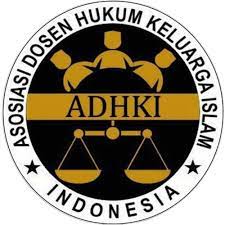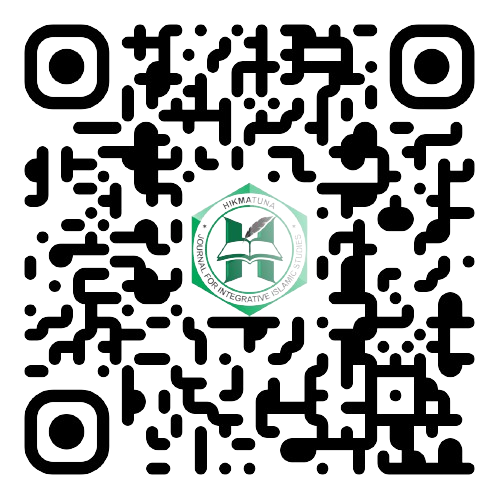Hisbah in Public Moral and Marketplace Control: From Historical to Indonesian Contexts
DOI:
https://doi.org/10.28918/hikmatuna.v8i1.4666Keywords:
Hisbah Authority, Moral Surveillance, Market Inspector, Commanding GoodAbstract
The Hisbah is an institution in Islamic history that deals with marketplace control and public moral surveillance. Hisbah institution represents the state's effort to uphold social order based on the ideals of Islamic teachings. Although hisbah functions surveillance decreases, its function draws attention from scholars and public officials. The article aims to reveal the root and development of the hisbah along with history and its function in contemporary Indonesia. The article employs a synchronic and diachronic approach to track the development of hisbah and to portrait its relevance in a contemporary Indonesian context. The function of hisbah stems from the practice of the Prophet Muhammad and guided caliphs, while institutionally hisbah develop from market supervision authority to a broader function that encompasses morality. The function of hisbah in monitoring public morals emerge during the Abbasid. The importance of hisbah institution may decrease, but its functions are embodied in several modern institutions
Downloads
Published
How to Cite
Issue
Section
License
Copyright (c) 2022 Hikmatuna : Journal for Integrative Islamic Studies

This work is licensed under a Creative Commons Attribution-ShareAlike 4.0 International License.















